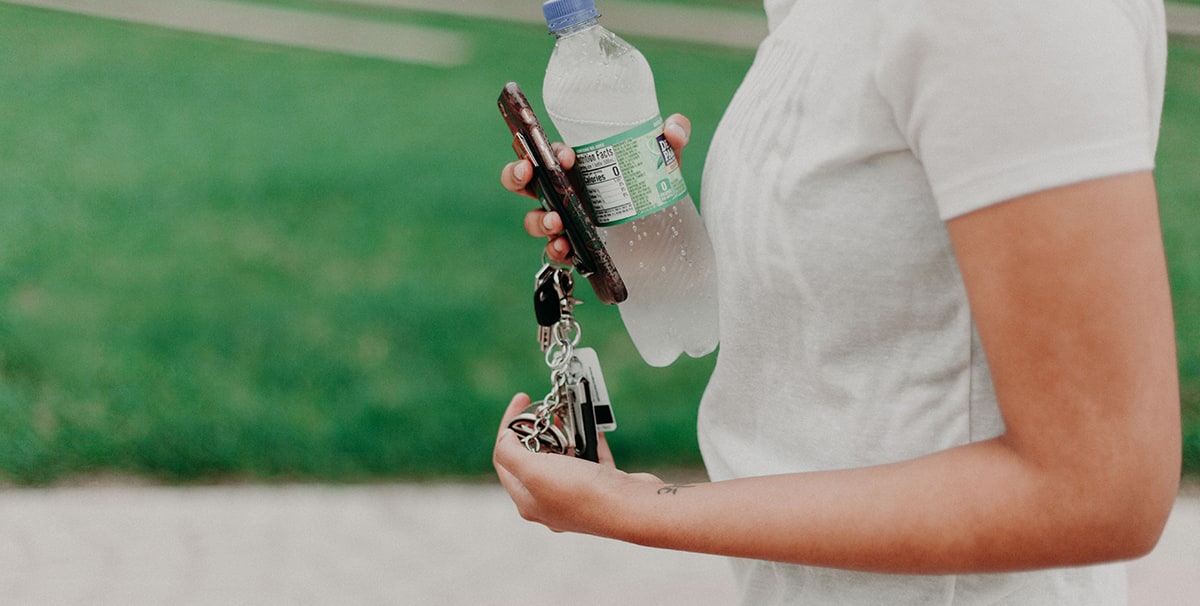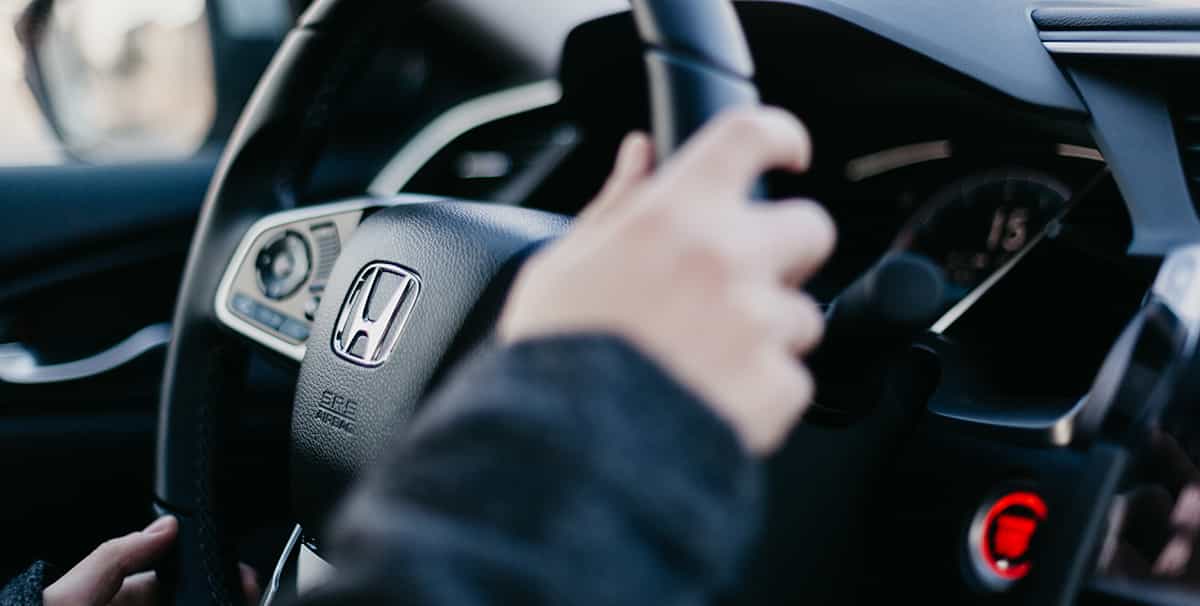There are many kinds of car finance. The right one for you will depend on your unique needs and circumstances.
One of the most common and popular types of car finance is PCP or personal contract purchase. But what is PCP car finance, and how does it work at the end of term?
This article will break down what PCP car finance is and what you can expect at the end of the term, helping you decide if this type of agreement is right for you.
What is PCP car finance?
PCP car finance is one of the most popular car finance agreements for UK drivers.
With PCP, you borrow a pre-determined amount of money against the cost of a new or nearly new vehicle. You then pay that money back via a series of affordable monthly instalments.
PCP is a popular type of car finance because the monthly repayments are lower compared to other car finance agreements. This is because you pay an initial deposit (although there are zero deposit options available for those with excellent credit) and then a significant amount of your borrowing is deferred to what’s known as either a balloon payment or an optional final payment.
The longer your PCP contract is, the lower the monthly payments will be, as you’re spreading the cost more thinly. That said, you can expect to pay more interest because you’re essentially borrowing money for longer.
The final balloon payment is a lump sum that you can choose to pay at the end of your agreement’s term. By making this payment, along with a small option to buy fee, you’ll own the car outright.
With PCP car finance, you don’t have to make this final payment at the end of term – it’s optional. You can alternatively choose to hand the vehicle back, provided the vehicle is in good working order.
Be aware that you will face mileage restrictions with PCP and can face penalties if you cause more than fair wear and tear to the vehicle.
How does PCP work at the end of term?
At the end of term on a PCP car finance agreement, you won’t own the car outright.
To do so, you’ll need to make an optional final payment – also known as a balloon payment.
The balloon payment is calculated based on what’s known as your car’s guaranteed future value, or GFV. The GFV is calculated according to the anticipated depreciation of your car over the term of your finance agreement. This number is based on variables, including your initial estimate of your yearly mileage, the vehicle’s make and model, and the length of your PCP agreement.
You’ll subsequently face penalties if you breach this predicted mileage or if you return the vehicle with excessive wear and tear. These penalties are applied because overuse of the car can impact its GFV.
The GFV is a fixed cost – it won’t rise or fall, even if the value of your car fluctuates.
As such, you can sometimes find yourself in the advantageous position of having a vehicle for which the GFV is higher than its actual value, which puts you in positive equity. We explain more about that below.
What to do at the end of your PCP term
You have three options at the end of a PCP agreement.
Make the balloon payment
If you want to own your car outright at the end of a PCP term, you can make the final balloon payment.
This is a great option if you don’t want to return a car that works well for you.
Return the vehicle
With PCP car finance, the final balloon payment is optional – you can choose just to hand the vehicle back.
This is a sensible option if your car is worth less than the GFV through no fault of your own.
Provided that you’ve kept the car in good condition and within your mileage restrictions, you can hand the vehicle back and won’t have any final payment to make to the lender at the end of your PCP term.
Part exchange the vehicle
You may find yourself in ‘positive equity’ at the end of your PCP term.
This means that your car is worth more overall than its GFV. You can leverage this positive equity to your benefit by making the final balloon payment and selling the vehicle for a profit.
Alternatively, you can part exchange the vehicle for a newer model and use this equity as a deposit towards your next car.
Many drivers like PCP car finance because it enables this process of part exchange, allowing them to regularly update their vehicle for a newer, higher spec option.
I can’t afford my end-of-term PCP payment – what do I do?
If you can’t pay the balloon payment at your PCP agreement’s end of term, you have some options.
Remember that this balloon payment is optional with PCP – you don’t have to pay it. You can instead choose to hand the vehicle back. But by doing so, you will be giving up your right to use the vehicle – not ideal if you need regular use of a car. You’ll also then need to find another car finance agreement to fund your next set of wheels.
Alternatively, you can secure balloon payment finance. This allows you to break down the balloon payment into manageable monthly instalments.
Discover if PCP finance is right for you with My Car Credit
PCP continues to be a popular car finance agreement for thousands of drivers around the UK.
Try our online car finance calculator to understand just how My Car Credit can find the right car finance for you.
Rates from 9.9% APR. Representative APR 10.9%
Evolution Funding Ltd T/A My Car Credit
Require more help?
Got a question you can’t find the answer to, or need some advice and guidance around taking out car finance? Our Car Credit Specialists are friendly, experienced, and here to help so get in touch today!








